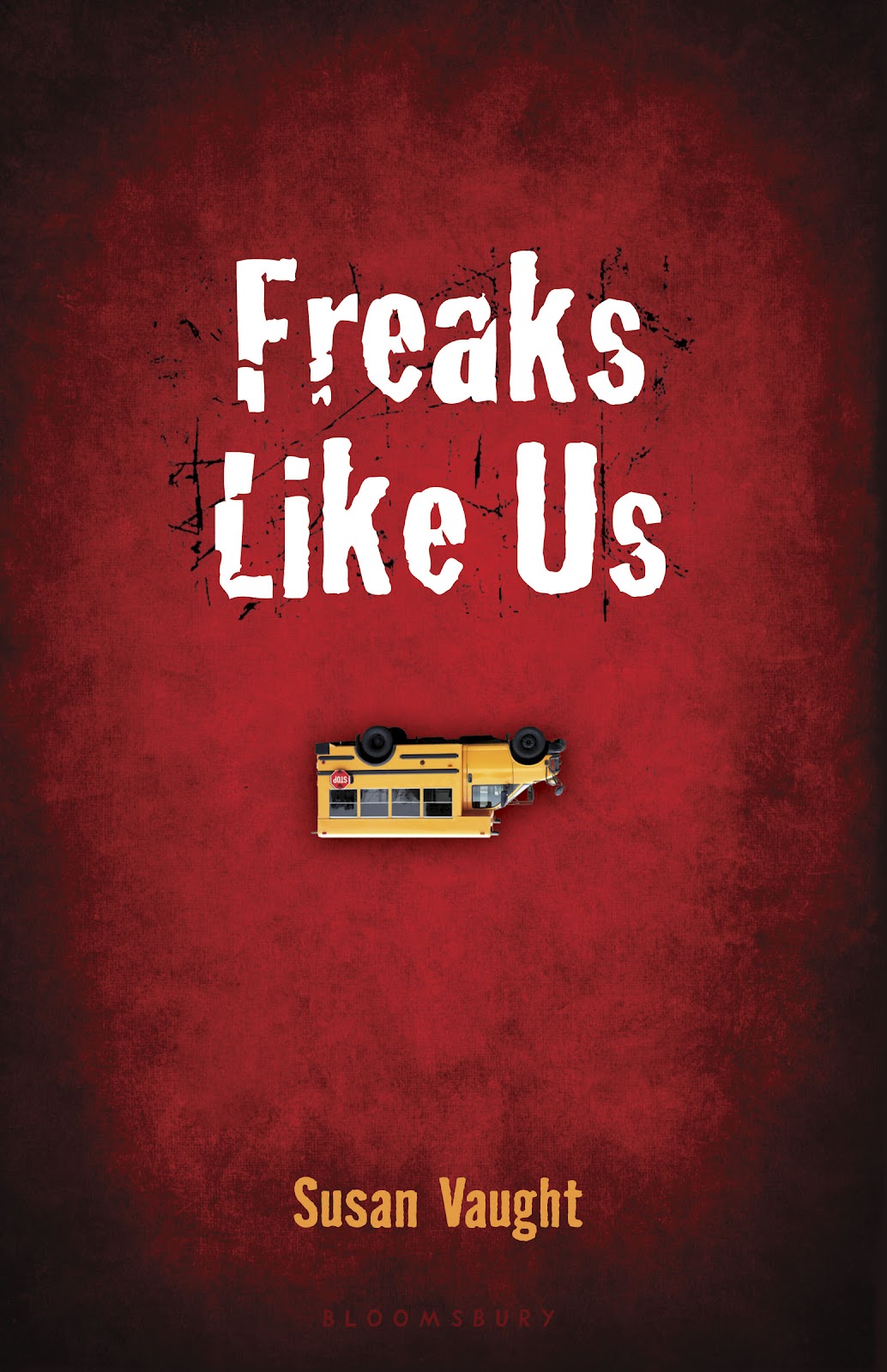Earlier this month, I was asked by the Children’s Book Council to contribute a post to the CBC Diversity 101 blog, which helps editors, librarians, teachers, reviewers, and authors identify basic misconceptions and problems in writing about diverse populations. My post addressed dos and don’ts in creating characters with emotional and developmental disabilities, and you can read it here: http://www.cbcdiversity.com/2013/03/diversity-101-trappings-of-difference.html
In all my reading, I have found the most pernicious stereotypes to be of people with mental illness, and especially schizophrenia. Ubiquitous in classic literature, a character with schizophrenia was portrayed in a recent well-known, award-winning YA novel as the embodiment of evil.
The perspectives of writers then and now reflect the overall fear and suspicion with which those who struggle with mental illness are regarded in our society. In the wake of several mass murders, conservative opponents of gun control have called for the incarceration of persons with mental illness as an alternative to restricting access to semiautomatic weapons. In fact, persons with mental illness, including schizophrenia, are far more likely to be victims of a crime than the perpetrators.
 The basic vulnerability of a young person with schizophrenia serves as the heart of Susan Vaught’s poignant new YA thriller Freaks Like Us. Eighteen-year-old Jason Milwaukee has been known all his life as “Freak,” and all his life he has suffered from delusions and scolding voices that have whittled his self-esteem to nothing. Despite those challenges, he has been a loyal lifelong friend to Derrick (Drip), a tall, awkward teenager with severe allergies and ADHD, and Sunshine, a girl who is selectively mute and highly anxious, and who Jason and Derrick believe has been sexually abused. When Sunshine disappears one afternoon following a frightening encounter with a group of bullies from their school, Jason pledges to find her within the 24-hour window in which kidnap victims are most likely to be found alive. The problem is, the police think he is the kidnapper. They refuse to believe his testimony because of his mental illness, and they think his illness caused him to commit a horrific act. Each effort to find Sunshine convinces the police of his guilt. To make matters worse, the bullies want revenge because they think Jason turned them in. Ultimately, Jason must survive violence from all sides to prove his innocence and to learn the truth about his friend.
The basic vulnerability of a young person with schizophrenia serves as the heart of Susan Vaught’s poignant new YA thriller Freaks Like Us. Eighteen-year-old Jason Milwaukee has been known all his life as “Freak,” and all his life he has suffered from delusions and scolding voices that have whittled his self-esteem to nothing. Despite those challenges, he has been a loyal lifelong friend to Derrick (Drip), a tall, awkward teenager with severe allergies and ADHD, and Sunshine, a girl who is selectively mute and highly anxious, and who Jason and Derrick believe has been sexually abused. When Sunshine disappears one afternoon following a frightening encounter with a group of bullies from their school, Jason pledges to find her within the 24-hour window in which kidnap victims are most likely to be found alive. The problem is, the police think he is the kidnapper. They refuse to believe his testimony because of his mental illness, and they think his illness caused him to commit a horrific act. Each effort to find Sunshine convinces the police of his guilt. To make matters worse, the bullies want revenge because they think Jason turned them in. Ultimately, Jason must survive violence from all sides to prove his innocence and to learn the truth about his friend.
Vaught shows Jason’s courage in standing up, not only to the people who try to tear him down, but also to the voices in his head doing the same thing. He is a survivor and a person capable of great love and loyalty. Vaught deserves high praise for creating a character with schizophrenia who is worthy of admiration and who inspires others with his courage and perseverance.
1 comment for “Confronting Stereotypes of Teens with Schizophrenia: A Review of Freaks Like Us”